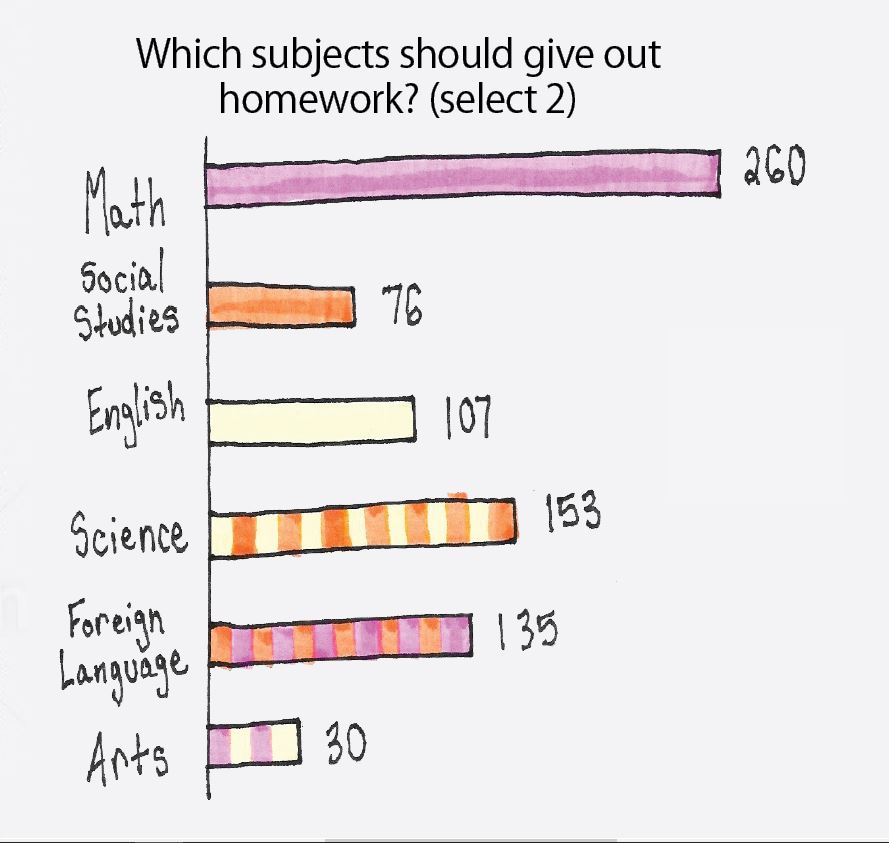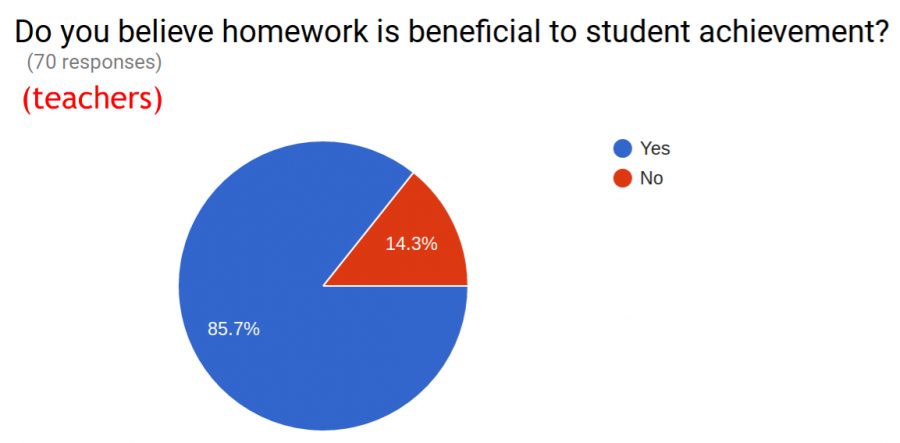Is homework beneficial? Teachers and students say it depends
April 21, 2017
Everyday sophomore Ngun Tlumang is sent home with hours worth of homework to do. Tlumang says that in some of her classes, like human geography, algebra and chemistry, she is expected to do homework every night.
“All of the homework each night is really stressful,” Tlumang said. “I just think it’s so much for students to handle.”
Tlumang feels that the amount of stress homework causes students is hurting them instead of helping them. Tlumang isn’t the only person who feels this way. Many researchers and educators have debated the effectiveness of homework over the years with people who are against giving students homework and others who are for it.
One SHS teacher who does not often give students homework is geography teacher Anthony Braun. Braun says his reason for not giving his students homework is not because of the stress, but because many are unable to do it.
“Many kids don’t have internet at home to do the homework or their parents aren’t able to help them when they have questions,” Braun said. “Instead, I took the mentality that I need time to be here for them in class to answer their questions, and usually they can get the work done in class.”
Braun says that by doing this, he noticed that more work is getting done and turned in by his students.
However, other teachers at SHS feel that homework assigned to be done outside of class is necessary. Math teacher Donna Sekhon is among this group of teachers.
“I feel that the homework is effective, because the only way to learn math is to do math,” Sekhon said. “I think class time is a good time to see your teacher do the math, but after class is the time for you to do the math.”
Sekhon says she tries not to give her students more than 15 or 20 minutes of homework to do each night. She says that she gives out homework to help reinforce the ideas she teaches in class.
According to the Center of Public Education, research shows that if homework is given to high school students, it should be no more than two and a half hours. For elementary and middle school students, it should be less than one and a half hours, if that.
However, most research on the topic has shown that homework does not always seem to reinforce the ideas taught in class. Alfie Kohn, a researcher and author on the field of education, is just one person who has talked about the lack of relation between homework and performance in school.
Kohn says that overall there is no evidence showing that homework is beneficial, no matter what grade the student is in. He says that at the elementary school level there is no evidence that supports giving the students homework at all. In high school though, he says that there may be some reason to give students homework.
“There does seem to be a correlation between homework and standardized test scores,” Kohn said. “But it isn’t strong, meaning that homework doesn’t explain much of the variance in scores.”
However, he says that out of all the different subjects, the only real connections between homework and test scores are in math.
Kohn also says that when looking at the homework debate, people should take into consideration that kids should have time after school to explore other interests, because six hours a day of learning should be enough. Tlumang agrees with this because she stated she can sometimes spend the entire night doing homework and nothing else.
“I spend all my time trying to do homework after school,” Tlumang said. “I’d just be better off without homework because it takes up all my time and when I don’t do it, it hurts my grade.”



